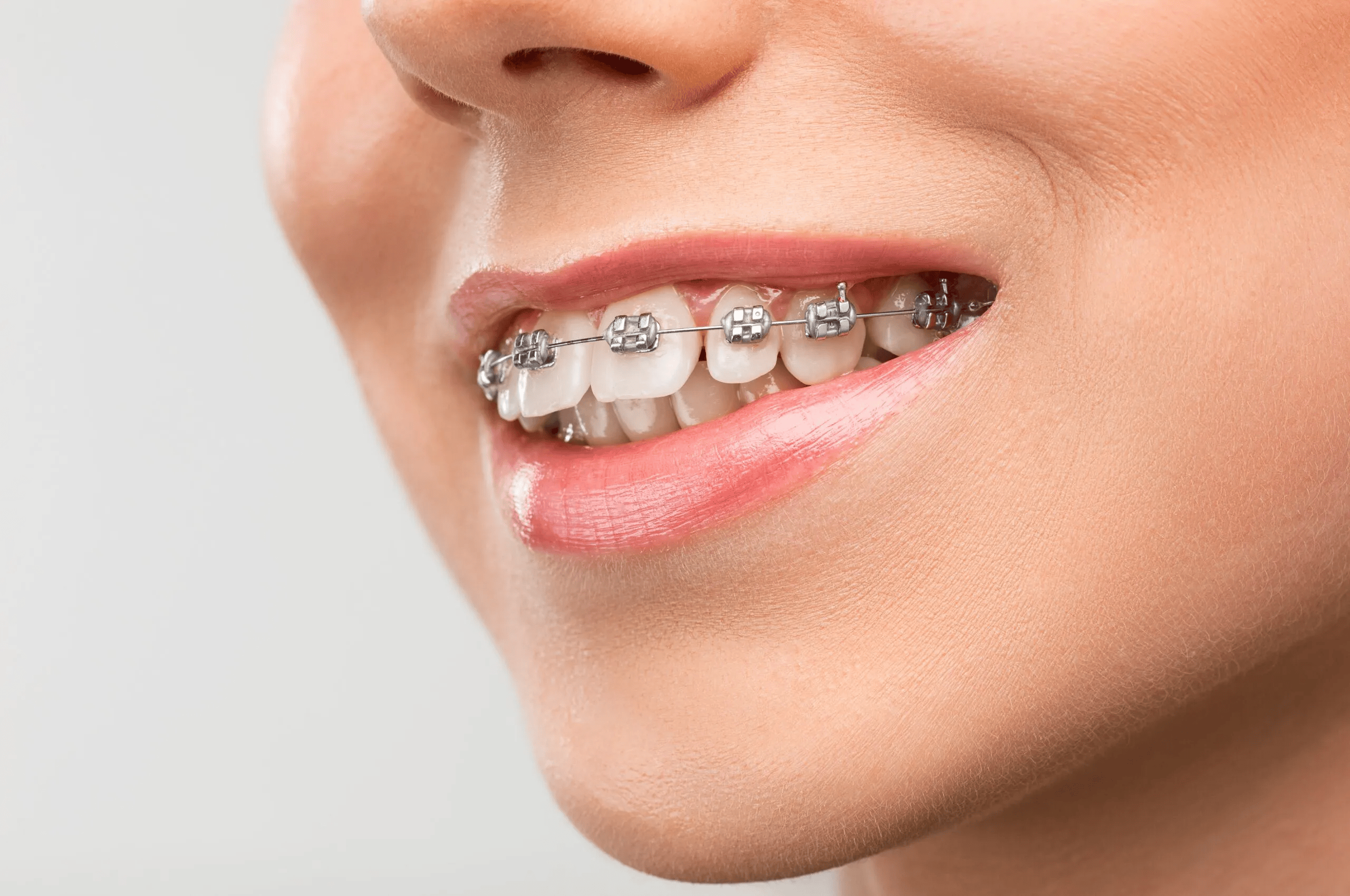Overbites and underbites are among the most common dental misalignments, yet many people do not fully understand their implications or how they can be corrected. These conditions, known as malocclusions, affect not only the appearance of your smile but also your overall oral health and well-being. Understanding what causes these bite issues, their effects, and the orthodontic solutions available can help you make informed decisions about improving your dental health.
What Are Overbites and Underbites?
An overbite, also referred to as a deep bite, occurs when the upper front teeth significantly overlap the lower front teeth. While some degree of overlap is normal, a pronounced overbite can cause complications. Overbites are often hereditary, but they can also be influenced by childhood habits such as prolonged thumb-sucking, excessive pacifier use, or nail-biting.
In contrast, an underbite is a condition where the lower jaw protrudes forward, causing the lower front teeth to overlap the upper front teeth. Like overbites, underbites are frequently genetic but may also result from environmental factors, including early habits like bottle-feeding or irregular jaw development. Both conditions can range from mild to severe, with the potential to affect the functionality and aesthetics of the teeth and jaw.
The Impact of Overbites and Underbites on Oral Health
While overbites and underbites may seem like purely cosmetic issues, they often lead to significant oral health challenges. Misaligned bites can interfere with proper chewing, making it harder to break down food effectively and potentially causing digestive issues. They can also affect speech, leading to difficulties with articulation and pronunciation.
Additionally, these conditions place uneven pressure on certain teeth, leading to accelerated wear and tear. Over time, this can cause chipping, cracking, or even premature tooth loss. Malocclusions may also strain the temporomandibular joint (TMJ), which connects the jaw to the skull. TMJ strain can result in jaw pain, stiffness, clicking sounds, and chronic headaches.
Beyond the physical effects, overbites and underbites can have a profound impact on self-esteem. People with noticeable bite issues may feel self-conscious about their smiles, affecting their confidence in social and professional settings. Addressing these issues can significantly improve emotional well-being and overall quality of life.
Orthodontic Solutions for Overbites and Underbites
The good news is that orthodontics offers a range of effective solutions to correct overbites and underbites. One of the most common treatments is braces, which use gentle, consistent pressure to gradually move the teeth and jaw into proper alignment. Braces are highly effective for both children and adults, making them a versatile option for various degrees of misalignment.
For those who prefer a more discreet option, clear aligners like Invisalign are an excellent alternative. These custom-made trays are virtually invisible and can be removed for eating, brushing, and flossing, offering both convenience and flexibility. Clear aligners are especially popular among adults who want to straighten their teeth without the noticeable appearance of traditional braces.
In more severe cases, corrective jaw surgery, also known as orthognathic surgery, may be necessary. This surgical procedure involves repositioning the jaw to achieve proper alignment and balance. While surgery might sound intimidating, it is often the most effective solution for addressing complex cases of overbites and underbites. Orthognathic surgery is typically combined with orthodontic treatment to ensure long-lasting results.
For children and teenagers, early intervention can be particularly beneficial. Orthodontic appliances such as expanders, retainers, or headgear can guide jaw growth and prevent more severe issues from developing. Treating these conditions early, while the jaw is still growing, can reduce the need for more invasive procedures later in life.
The Benefits of Orthodontic Treatment
Correcting overbites and underbites through orthodontic treatment offers numerous benefits. Properly aligned teeth are easier to clean, reducing the risk of cavities and gum disease. A well-aligned bite also enhances chewing efficiency and minimizes the risk of TMJ disorders.
Beyond functional improvements, orthodontic treatment has a significant impact on aesthetics and confidence. A straight, healthy smile can boost self-esteem and positively influence both personal and professional relationships. Many people who undergo treatment report feeling more comfortable and confident in their appearance.
Choosing the Right Orthodontist
When considering treatment for overbites or underbites, it is crucial to choose an experienced orthodontist who can provide personalized care. A skilled orthodontist will assess your specific needs and recommend the most effective treatment plan, whether it involves braces, clear aligners, or surgery.
Advances in orthodontic technology have made treatments more efficient and comfortable than ever before. Modern braces are smaller and less obtrusive, while Invisalign offer a nearly invisible option. These innovations make orthodontic care accessible and appealing to patients of all ages.
Take the First Step Toward a Healthier Smile
If you or your child are dealing with an overbite or underbite, don’t wait to seek professional care. Addressing these conditions early can prevent a host of dental and health issues while enhancing the appearance and functionality of your smile. At Clinebell & Anderson Orthodontics, we specialize in treating bite misalignments with personalized solutions tailored to your needs.
Whether you’re considering braces, clear aligners, or corrective jaw surgery, our experienced team is here to guide you every step of the way. Contact us today to schedule a consultation and discover how we can help you achieve a healthier, more confident smile. As your trusted Decatur orthodontist, we are committed to providing exceptional care and delivering results that last a lifetime.



